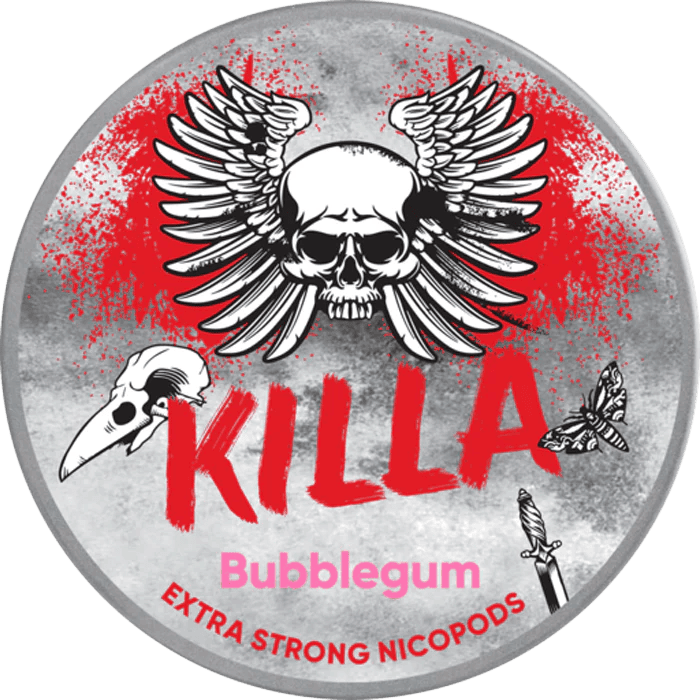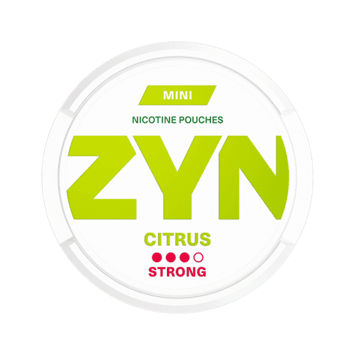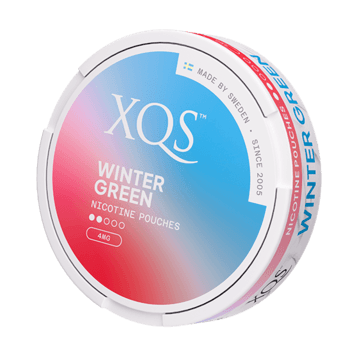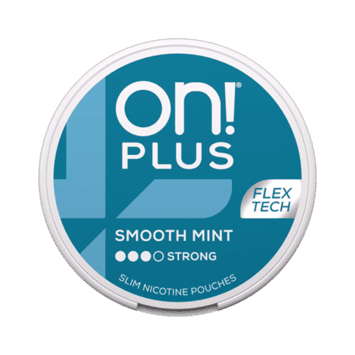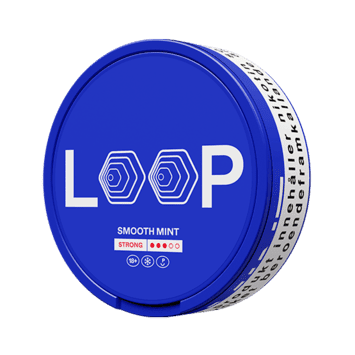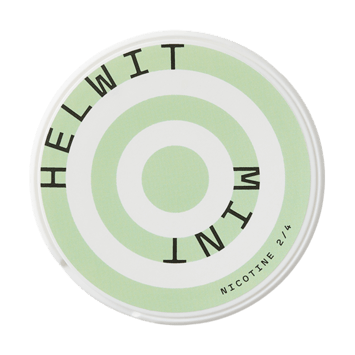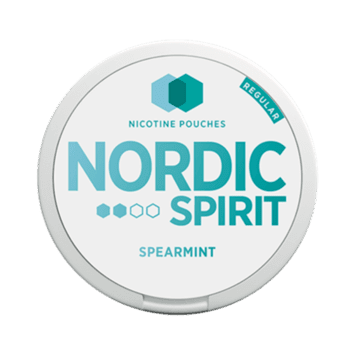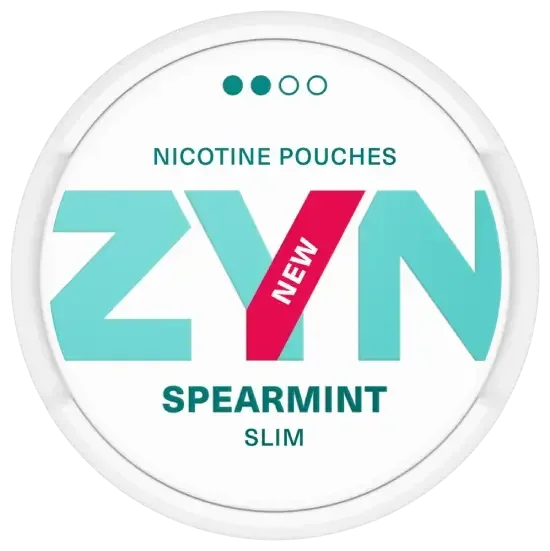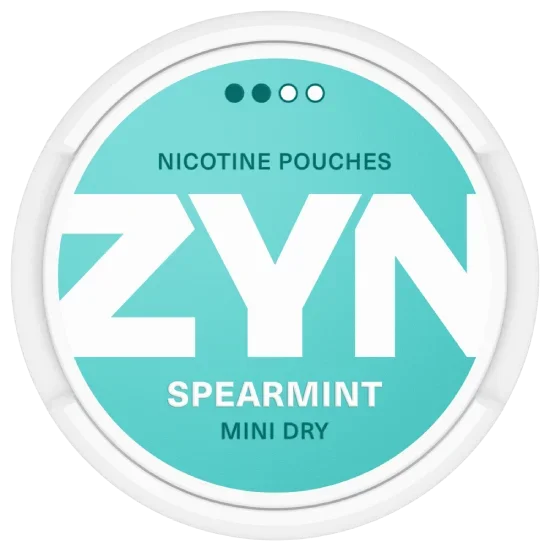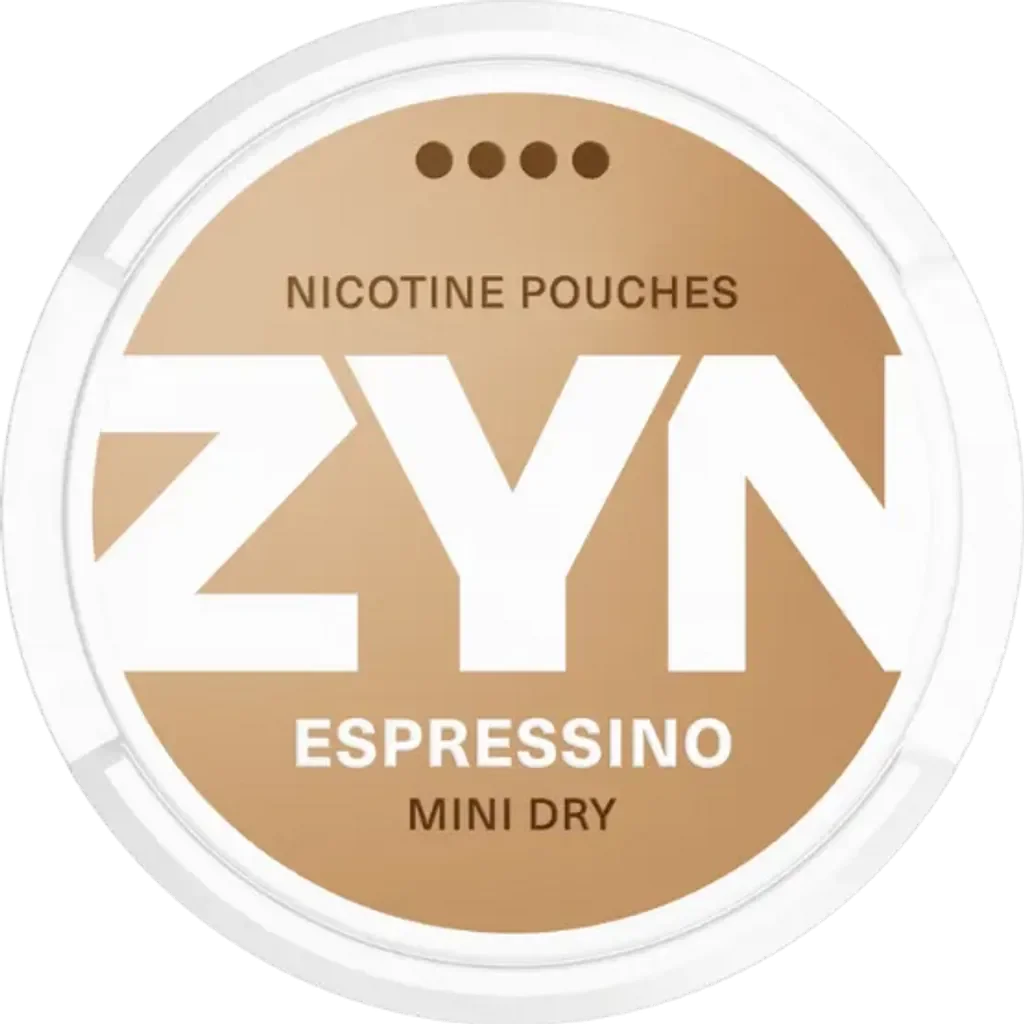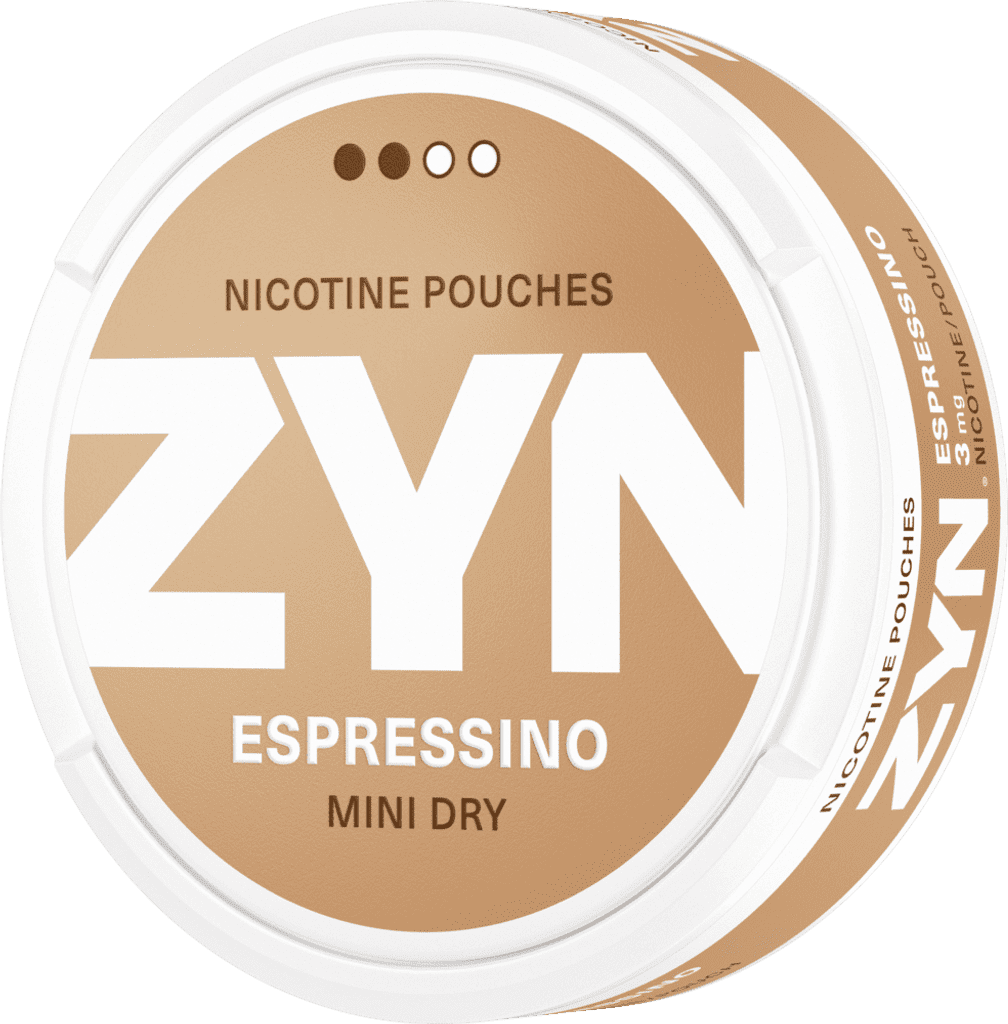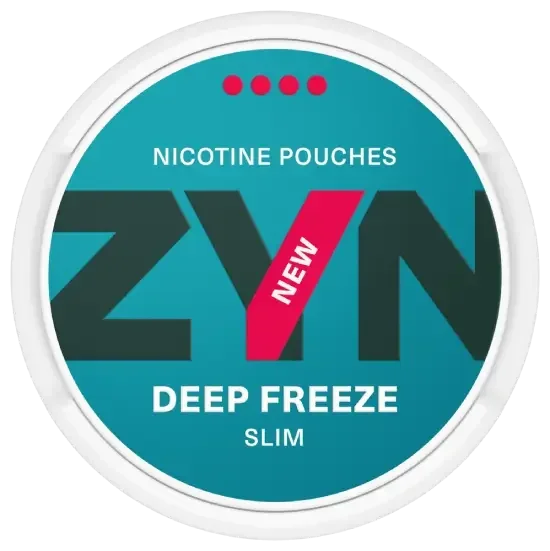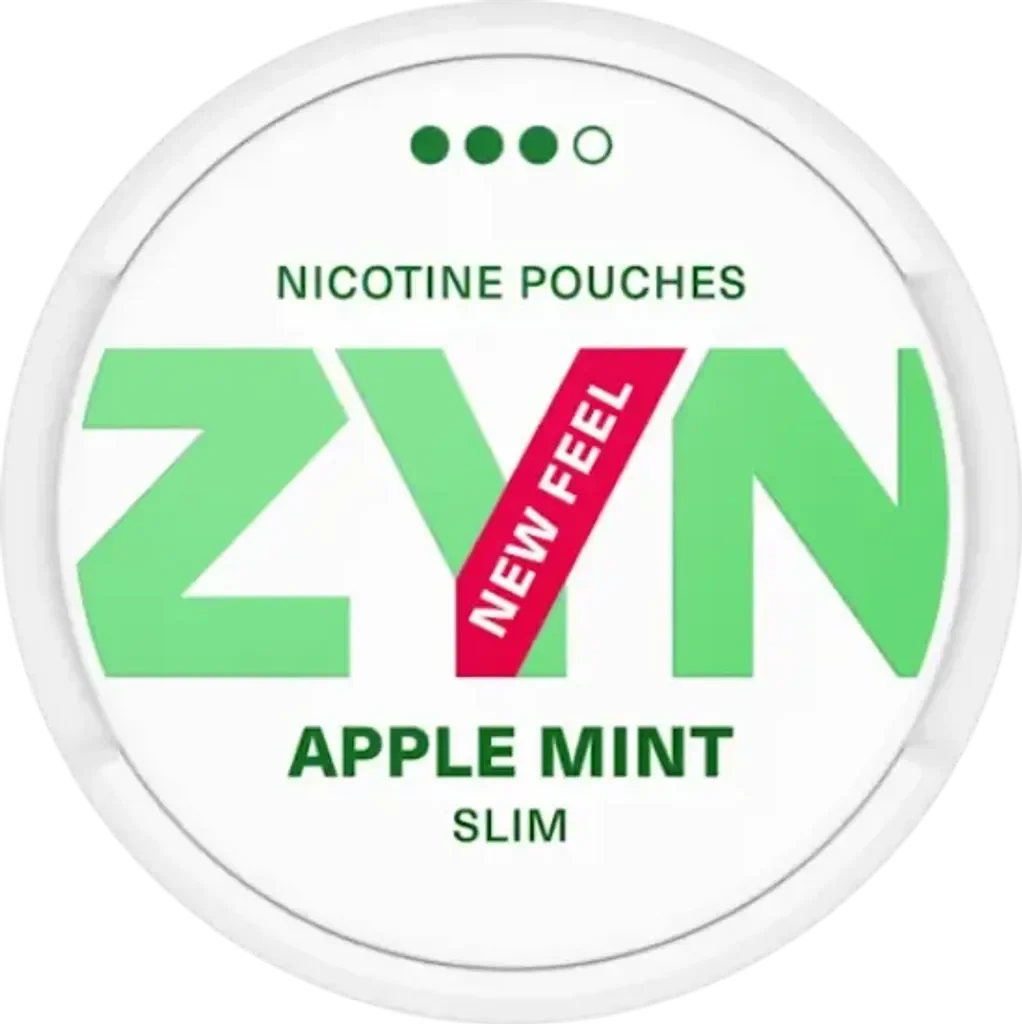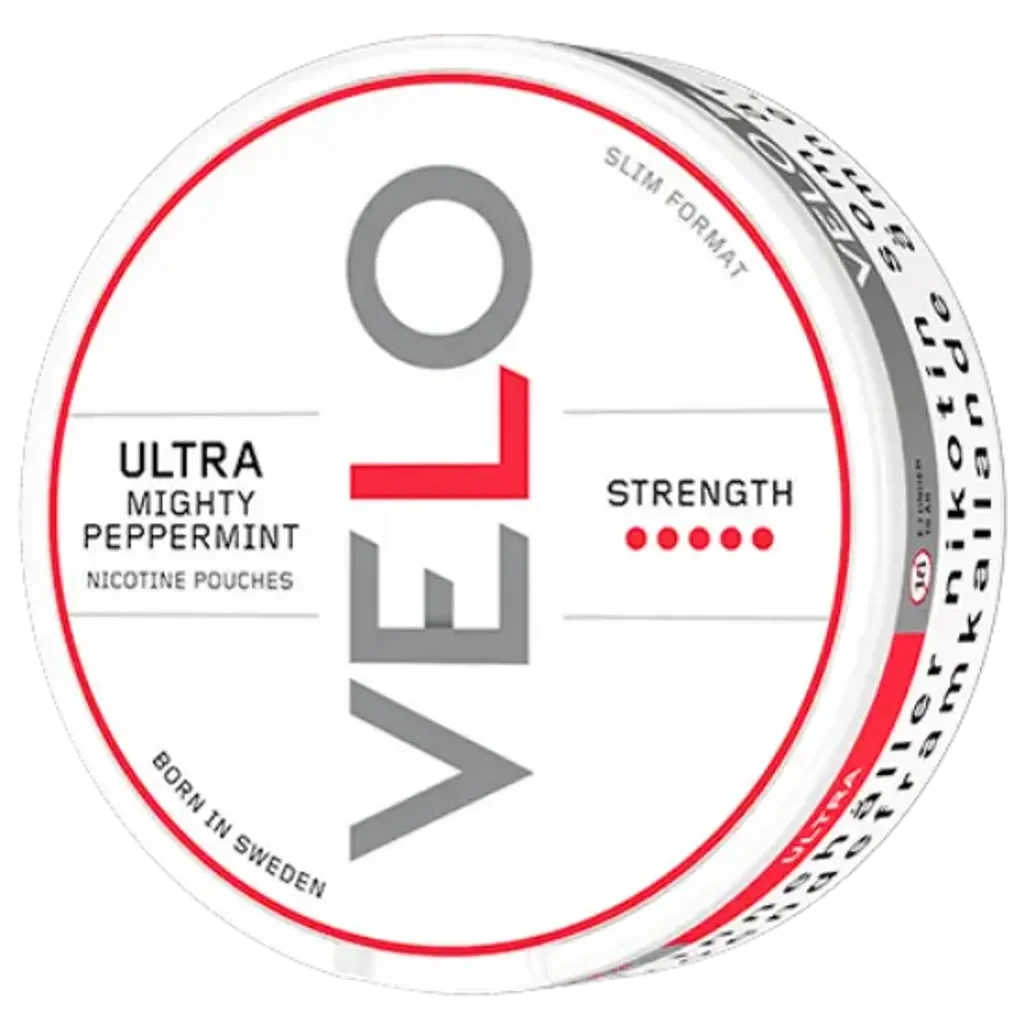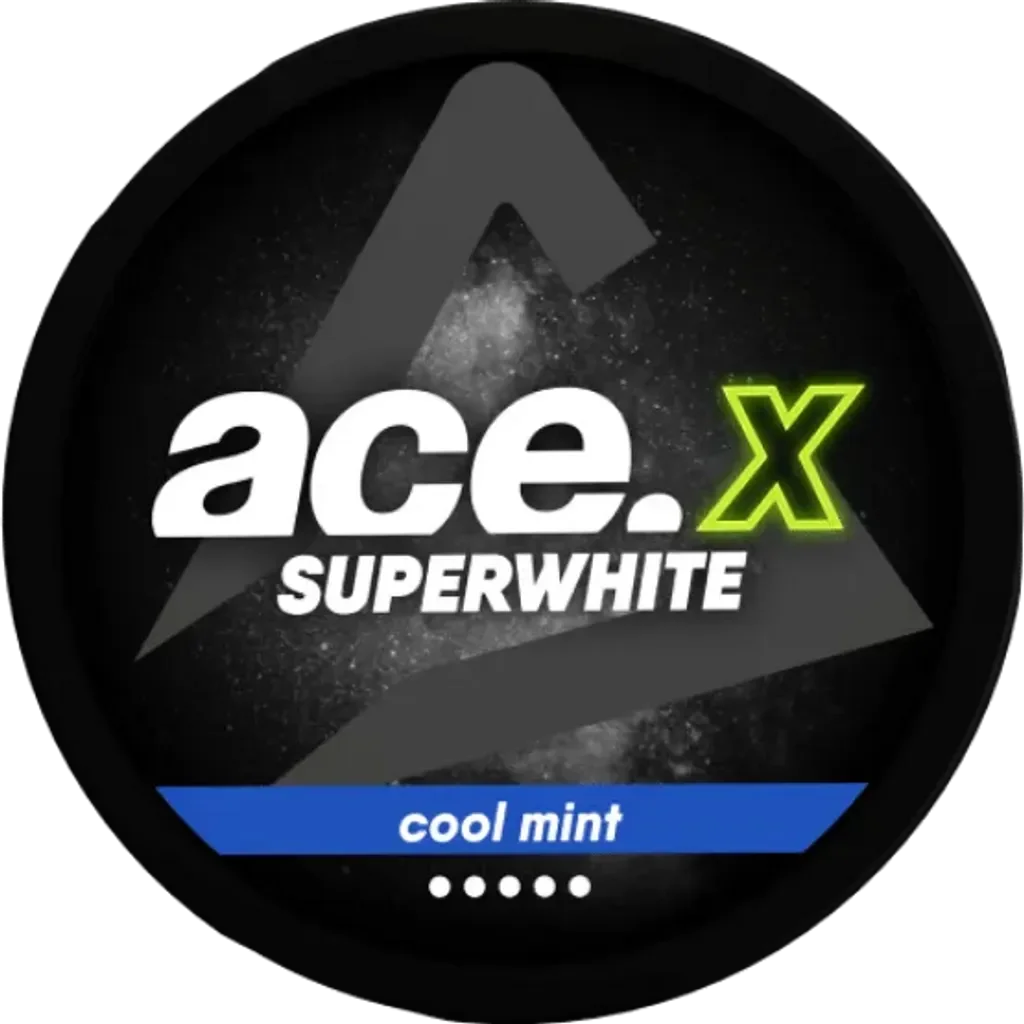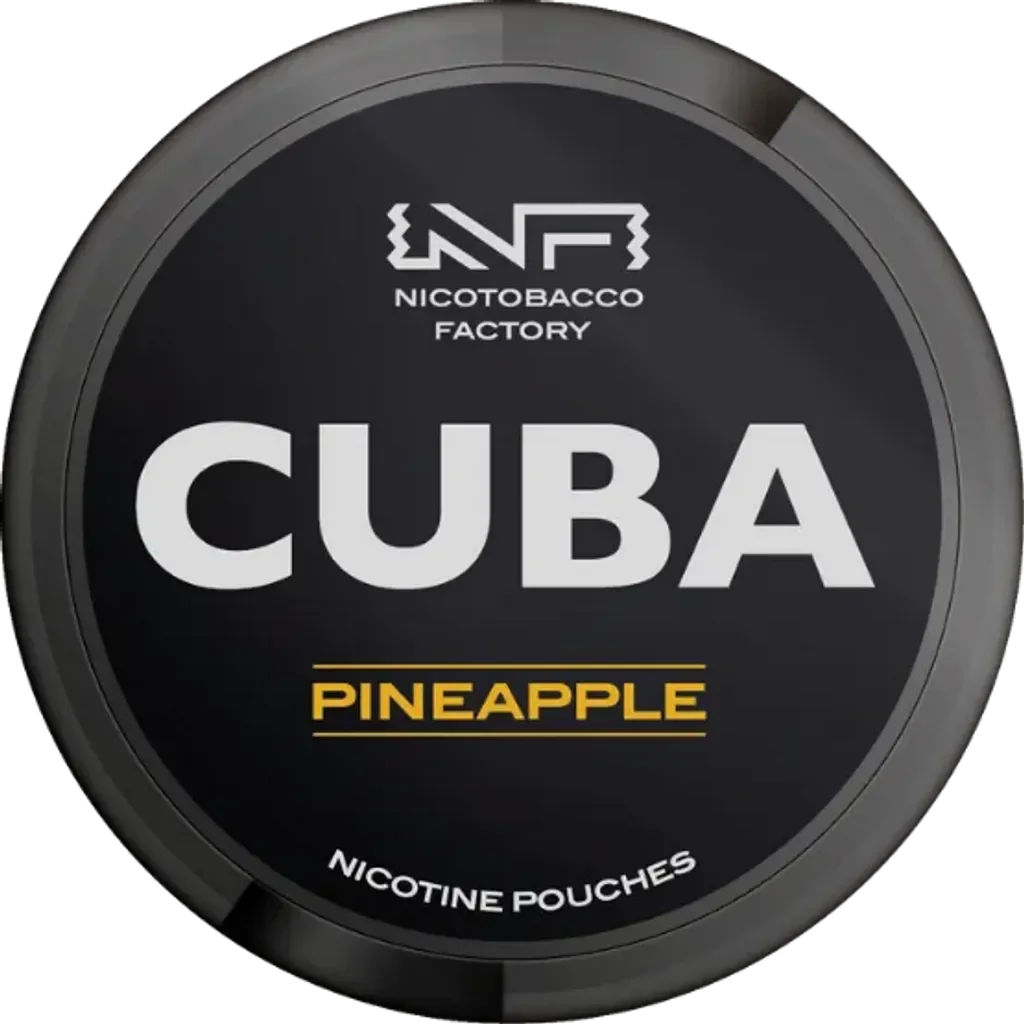Supreme Court Takes on FDA’s Flavor Ban

Include New Examples And Case Studies Relevant To The Supreme Court And Nicotine Products. – Supreme Court FDA Flavor Ban
The debate surrounding the Supreme Court FDA flavor ban reflects deeper societal issues regarding public health, consumer choice, and regulatory authority. As nicotine products evolve, so does the landscape of legal challenges, pushing its boundaries into the highest courts. For instance, recent cases have illustrated how various states are responding to the FDA’s regulatory framework. In California, local governments have implemented stringent flavor bans on vape products, creating a patchwork of regulations. This has fueled lawsuits from vape retailers claiming that the state’s flavor restrictions violate their rights to conduct business. Additionally, the legalization of cannabis products has led to new flavored nicotine products emerging on the market. A recent influx of fruit-flavored nicotine products, particularly among young adults and teens, has caught the attention of lawmakers. Reports from the Centers for Disease Control and Prevention indicate a sharp increase in youth vaping rates, prompting states to propose flavor bans as a countermeasure. These developments are critical as they highlight the complexities involved with the Supreme Court FDA flavor ban and its implications. In one notable case in New York, lawmakers attempted to impose a statewide ban on flavored nicotine products. Advocates argued this would mitigate health risks for younger populations who gravitate toward fruity and candy-like flavors. However, the vaping industry defended its position, contending that flavor variety is essential for adult users looking to transition away from traditional tobacco products. As this conflict unfolds, it raises the fundamental question of whether the FDA has overstepped its boundaries in regulating flavors and whether the states have the right to create such legislation independently. As the Supreme Court prepares to evaluate the FDA’s flavor ban, various stakeholders are expressing their concerns and interests. For public health advocates, the ban represents a necessary step in curbing youth nicotine addiction. However, businesses argue that flavor restrictions inadvertently push consumers back toward cigarette smoking, the risks of which are well-documented. To further illustrate this, a prominent case in Massachusetts showcases how broad flavor bans led to increased black-market sales of nicotine products, undermining the very public health intent behind such legislation.
Supreme Prepares Evaluate Flavor Various
The Supreme Court FDA flavor ban case will likely have lasting implications for both the FDA and individual states’ regulatory powers. By weighing the interests of public health against economic concerns, the Supreme Court underscores the complexity of modern regulatory practices involving nicotine products. Each new development within this topic reinforces the need for balanced solutions that protect public health while recognizing the rights of businesses to innovate and offer diverse products. The outcomes of these legal battles are not merely academic; they have tangible impacts on consumer behavior. In states that have implemented flavor bans, there have been spikes in illegal sales of flavored nicotine products. For example, illicit markets for flavored vape liquids have emerged and thrived in response to restrictions. This suggests that prohibitive measures may not lead to the desired health outcomes and could create new public health dilemmas. Moreover, consumers struggle to access safer nicotine alternatives, demonstrating the unintended consequences of overregulation. As individuals and groups furnish their arguments before the Supreme Court, the legal nuances will continue to unfold. A significant factor in the court’s decision may revolve around the issue of federal versus state authority in regulating consumer products. It raises the question of whether the FDA has the right to enforce a uniform flavor policy across the nation or if states should be permitted to set their own laws addressing public health concerns. Public opinion on the flavor ban issue is diverse, with many consumers expressing confusion over what remains legal in their states. It becomes increasingly challenging for individuals and businesses to navigate the shifting landscape of regulations. Case studies from different regions illustrate that localized bans often lead to unintended consequences, such as a rise in non-compliance or a decrease in legal product sales. As such, the Supreme Court’s involvement provides a crucial moment for clarity on these complex legalities.
Public Opinion Flavor Diverse, Consumers
The multifaceted nature of the Supreme Court FDA flavor ban case continues to evolve, as do arguments on both sides. Many public health officials argue that the flavoring in nicotine products acts as a gateway drug for youth, leading to greater long-term health risks. Videography and documentary evidence increasingly highlight the social implications of flavor choices among younger consumers, capturing their influence and appeal. In contrast, industry stakeholders emphasize consumer rights, stressing the importance of personal choice in a free market. The balance between regulation and personal liberty will remain central to discussions within the Supreme Court. What the court ultimately decides could establish new precedents regarding the authority of the FDA and how states can manage health-oriented regulations. This ongoing battle highlights not only the complexities within nicotine regulation but also the broader discourse surrounding government intervention in personal health choices. As we stay alert to developments in this significant legal context, the implications of the Supreme Court FDA flavor ban will likely resonate well beyond the immediate realm of nicotine products. Advocates and opponents alike prepare for a decision that will ripple through public health policies, industry standards, and consumer behavior. Emerging studies on the mental health impacts of flavored nicotine products could further inform discussions, pushing them toward a comprehensive understanding of public health in a rapidly evolving market environment. The ongoing dialogue about the Supreme Court FDA flavor ban reveals much about our values regarding health, choice, and regulation. Stakeholders from every corner, including public health officials, industry leaders, and legal experts, must remain engaged in shaping the future landscape of nicotine product regulation. As the court deliberates, one thing is clear: the intersection of law and public health will play a pivotal role in determining the future of flavored nicotine products in America.

Photo by ipse dixit on Unsplash
Key Statistics
The recent Supreme Court case tackling the FDA’s flavor ban highlights significant trends in vaping and nicotine consumption. A notable increase in the use of flavor-enhanced nicotine pouches has been observed, particularly among younger demographics. Statistics reveal that approximately 60% of nicotine pouch users prefer flavored options, which has raised concerns about youth usage rates. These trends are crucial as policymakers evaluate the implications of flavor bans on public health and nicotine consumption patterns.
| Statistic | Percentage | Demographic | Year |
|---|---|---|---|
| Users preferring flavored nicotine pouches | 60% | General Users | 2023 |
| Youth nicotine pouch usage | 25% | Age 18-24 | 2023 |
| Adults using nicotine pouches | 15% | Age 25+ | 2023 |
| Increase in sales of flavored products | 40% | Last 2 years | 2021-2022 |
Address Both Benefits And Challenges From Different Perspectives, Including Consumer, Manufacturer, And Public Health Views. – Supreme Court FDA Flavor Ban
The Supreme Court FDA flavor ban raises significant debates about benefits and challenges from various perspectives. Consumers often welcome such bans as they aim to reduce the appeal of certain products, particularly among youth. Flavors like candy or fruit make products more enticing, potentially increasing usage rates among minors. Advocates argue that removing these flavors can lead to decreased addiction rates and promote healthier choices. On the manufacturer side, the Supreme Court FDA flavor ban poses concerns about lost revenue and increased regulatory burdens. For many, flavored products constitute a substantial portion of sales. Manufacturers fear that a complete ban may push consumers toward unregulated markets, creating safety risks. From a public health standpoint, experts see the ban as a potential win for minimizing health risks associated with vaping and smoking. However, some caution that prohibition could unintentionally push users back to traditional cigarettes or illegal alternatives. <img src="https://images.unsplash.com/photo-1511406933301-8e740b28cc89?crop=entropy&cs=tinysrgb&fit=max&fm=jpg&ixid=M3w2NjI0NzN8MHwxfHNlYXJjaHwyfHxTdXByZW1lJTIwQ291cnQlMjBuaWNvdGluZSUyMHBvdWNofGVufDF8MHx8fDE3MzQ5NDM4NTV8MA&ixlib=rb-4.0.3&q=80&w=1080" alt="Address both benefits and challenges from different perspectives, including consumer, manufacturer, and public health views.



